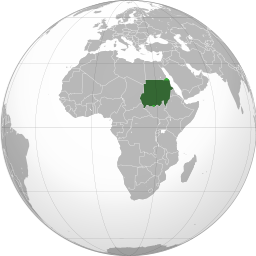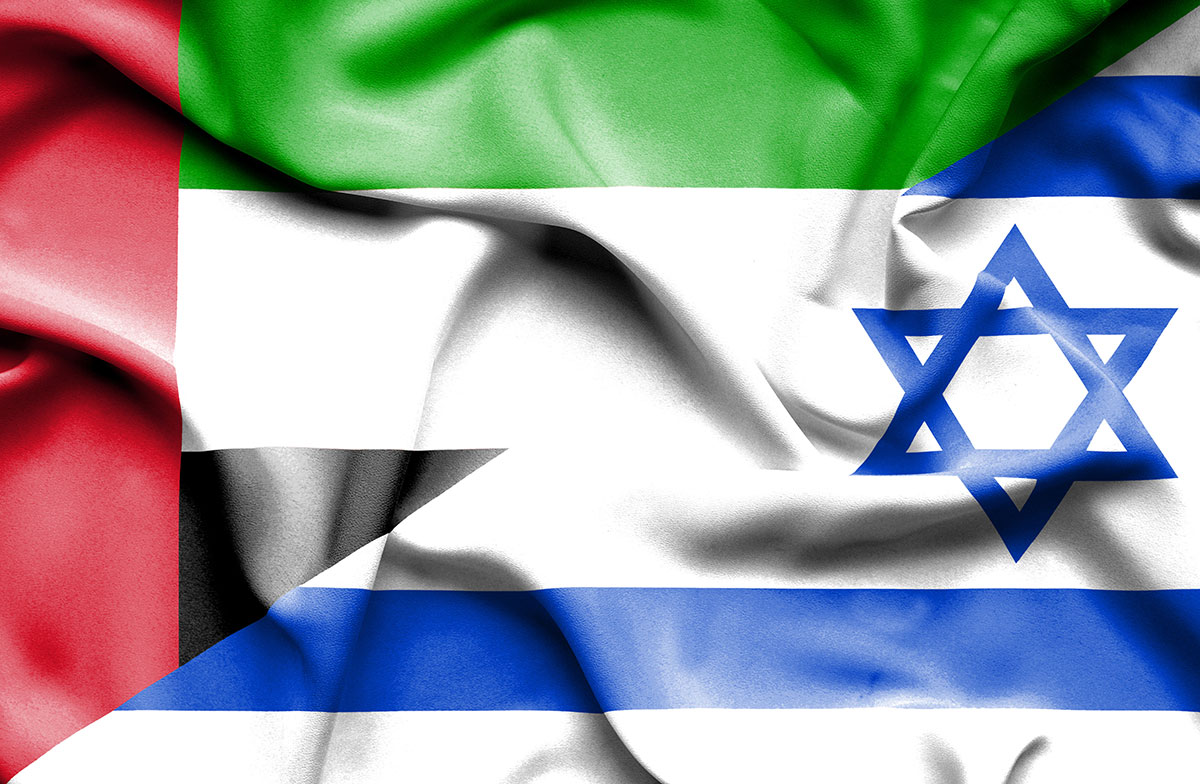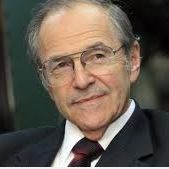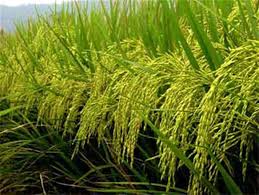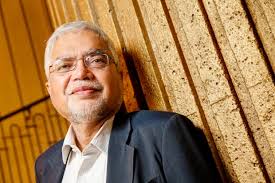[vc_row][vc_column width=”1/2″][vc_column_text]
Sudan
Sudan was the 90th largest economy in the world by nominal GDP in 2018. Its GDP per capita was $977 USD. It is the third largest country in Africa by geography. It is at the cross-roads of Africa and the Middle East. It was ranked 139th in the World Bank's Human Capital Index and 120th in the Economic Complexity Index in 2017. It is a member of the African Union. Services was the largest economic sector in 2018 (49.5 percent of GDP), followed by agriculture (31.5 percent), and manufacturing (2.4 percent). In 2017, the largest export sectors were stones (36.4 percent), agriculture (27 percent), services (23.16 percent), and minerals (11.09 percent). The largest individual exports were gold (35.8 percent), travel and tourism (15.75 percent), crude oil (9.58 percent), sheep (7.26 percent), and other oil seeds (6.18 percent). Its largest export partners were UAE (49 percent), Saudi Arabia (11.9 percent), China (11.17 percent), and India (9.02 percent). The largest goods imports were wheat and meslin (6.21 percent), sugarcane and sucrose (5.15 percent), refined petroleum (5 percent), and cars (4.08 percent). Britain took an active interest in Sudan following its occupation of Egypt in 1882. From 1898, Britain and Egypt administered all of present-day Sudan. Prior to independence, the economy was largely based on subsistence agriculture with some irrigated cash-crops i.e. cotton and Arabic gum. Since its independence in 1956, Sudan has suffered several internal conflicts between the largely Arabic north and the Christian and Animist south: the First Sudanese Civil War (1955-1972), the Second Sudanese Civil War (1983-2005), and the War in Darfur (2003-2010), which led to the secession of South Sudan in 2011. The main root of the conflict can be traced back to centuries of lesser economic development in the south. With the secession, Sudan lost three-quarters of its oil reserves. Oil helped drive strong economic growth during the 2000s. Growth decreased following the decrease in the oil price from 2014. The government is committed to diversifying the economy to provide consistent future growth.
[/vc_column_text][vc_column_text] Its population in 2018 was 41,511,526 [1]
Its population in 2018 was 41,511,526 [1]
 In 2015, 61.60% of its total energy
In 2015, 61.60% of its total energy
consumption was renewable [2]
 In 2021, its GDP grew by 0.11% [2]
In 2021, its GDP grew by 0.11% [2]
 In 2021 it had a negative Current
In 2021 it had a negative Current
Account Balance of US$bn 2.07 [3]
 Its unemployment rate in 2021 was 28.33% [3]
Its unemployment rate in 2021 was 28.33% [3]
What free trade areas or economic unions is it a member of?
None
[/vc_column_text][vc_column_text]What trade deals are there with other countries and economic unions?
Common Market for Eastern and Southern Africa (from 08/12/1994)
Pan-Arab Free Trade Area (from 01/01/1998)
[/vc_column_text][/vc_column][vc_column width=”1/2″][vc_column_text]Middle East – Business Trumps Politics
Sudan Cabinet Shake-Up Boosts Conciliation Efforts
An Actor Out of His Depth: Clooney Keeps an Eye on Sudan
Revamping the Gezira Scheme: Sudan Seeks Food Security with Rice
Hero Kapila: Remembering Darfur
African Union Summit Now to Take Place in Ethiopia
Trade with the United Kingdom
Source: UK Office for National Statistics, October 2022.
Contains public sector information licensed under the Open Government Licence v3.0.
Loading, Please Wait!
This may take a second or two.















































































